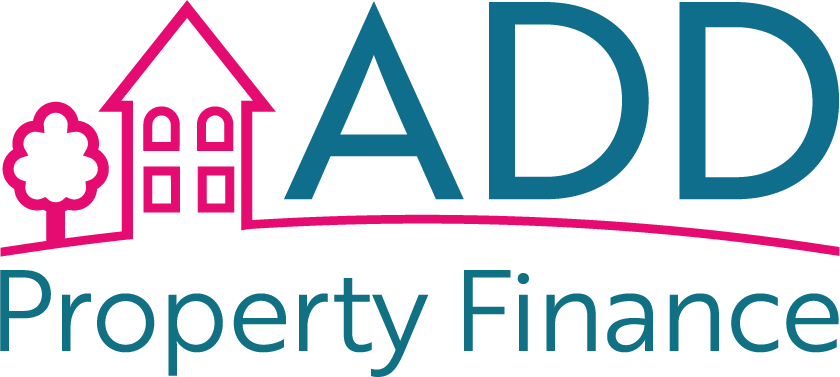Property valuation is a crucial aspect of homeownership, whether you’re buying, selling, or refinancing. While many factors influence a property’s value, one that is often overlooked is home insurance. Yes, you read that right – your home insurance can play a significant role in determining the value of your property. In this article, we’ll explore how home insurance impacts property valuation and why it’s essential for homeowners to consider.
1. Protecting Your Investment
Home insurance serves as a safety net, offering financial protection in case of unexpected events like fires, natural disasters, theft, or accidents on your property. Lenders and potential buyers are well aware of this, and they often see insurance as a safeguard for their investment.
2. Replacement Cost Coverage
One of the key elements of home insurance is replacement cost coverage. This ensures that in the event of a covered loss, your insurer will pay the cost to rebuild or repair your home to its original state. For property buyers, this coverage is appealing because it assures them that if the worst should happen, their investment will be protected.
3. Property Condition and Maintenance
Home insurance companies often assess a property’s condition and maintenance level before providing coverage. This means that if your property is well-maintained and in good condition, you may be eligible for lower insurance premiums. Conversely, a property in disrepair or with known safety hazards may result in higher premiums or difficulty securing coverage. This can affect the property’s attractiveness to buyers and its market value.
4. Local Factors and Risks
The location of your property also plays a role in both home insurance rates and property valuation. High-risk areas, such as those prone to flooding or wildfires, may have higher insurance premiums. Buyers and lenders consider these additional costs when assessing a property’s overall value.
5. Mortgage Requirements
If you have a mortgage, your lender will likely require you to maintain home insurance for the duration of the loan. They want to ensure that their investment (your mortgage) is protected in case of property damage or loss. Failure to maintain insurance could lead to lender-required coverage at a higher cost, which affects your overall homeownership expenses.
6. Proof of Insurance
When selling your property, potential buyers often request proof of insurance coverage. This demonstrates that the property is insurable and that they can secure the necessary protection for their investment.
Conclusion
Home insurance is more than just a protective measure; it’s a factor that can influence the value of your property. Its role in property valuation is closely tied to the perceived safety and security of the investment for both lenders and buyers. As a homeowner, it’s essential to maintain adequate insurance coverage to protect your property and ensure its value remains intact. Additionally, when buying or selling, consider the impact of insurance on the overall transaction – it’s not just about protecting your home; it’s about protecting your investment.







